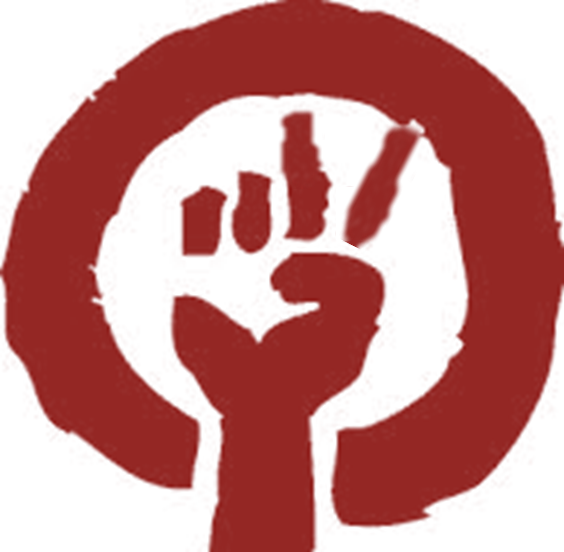Pacific Activism: What is it?

Being a peacemaker means seeking justice, loving kindness, and walking humbly (Micah 6:8). Pacifism is often mistakenly understood to be passive--a politics of retreat which makes those in the middle look like spectators who fear conflict and choose not to take sides. This is caustically humorous, since there are many pacifists who see their actions as igniting nonviolent revolution. In response to the misunderstanding that pacifism is passive, I find it important to point out that the core conviction underlying my blog here at The Pacific Pilgrim, is pacific activism. Christologically rooted yet politically active, pacific activism implies that peacemaking stems from the conviction that justice and humility belong together; that violence can never beget peace; that the best friendships can be found in places we have been told to expect enemies; and that faithful Christian living means witnessing to the radical love and acceptance of God.
In the last few decades there has been a call for "Just Peace." This "call" is rooted in the understanding that people who are committed to responding to issues of social injustice must actively engage in practices that overturn systemic evils and replace them with more rigorous systems of justice--even if such action sometimes makes violence seem necessary. Such a "call" stems from a concerned that the tradition of Christian pacifism is not robust enough to deal with issues of injustice. This concern, however, is an important misunderstanding of the tradition of Christian pacifism: hence the need for a term like pacific activism to emphasizes that peacemaking necessarily depends on participation in revolutionary social action in ways that deal with social injustice. Christian pacifism, properly understood, is a subversive form of political action aimed at revealing the truth that holy aims do not simply sanctify the unholy means. Peace cannot be brought about through violence, but by nonviolent resistance (pacific activism) which unmasks "the powers and principalities" of the world for what they are--weak, drunk on power, and concerned only with their own self-existence.
